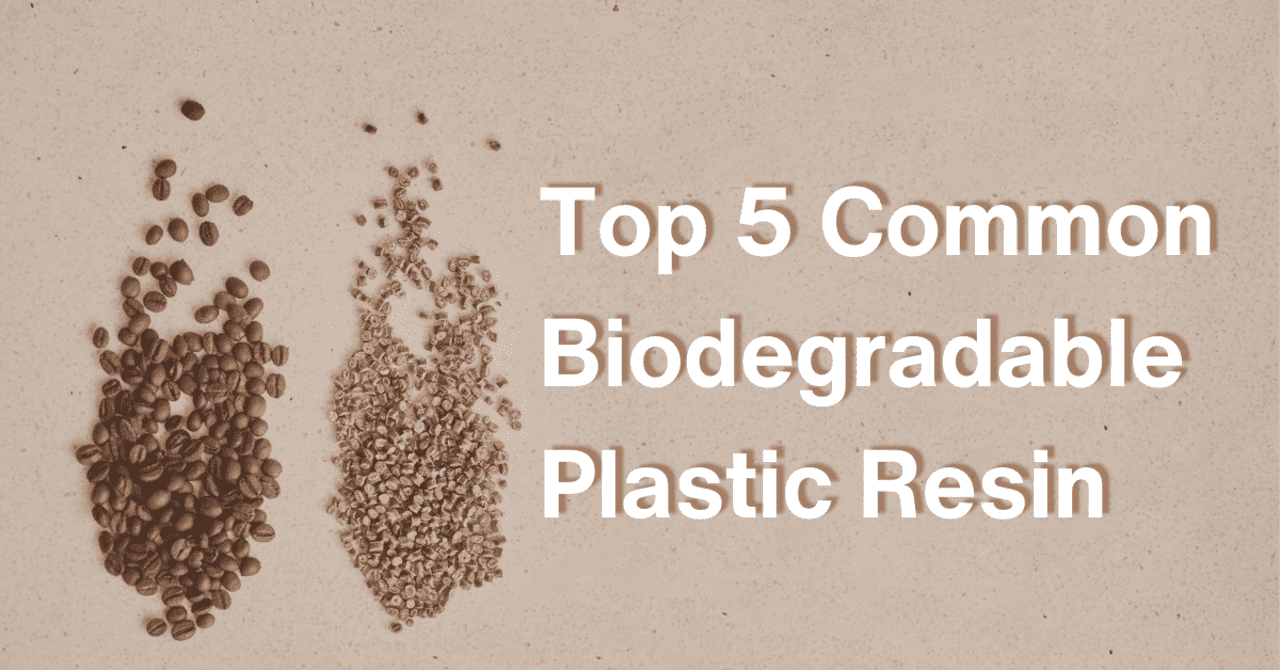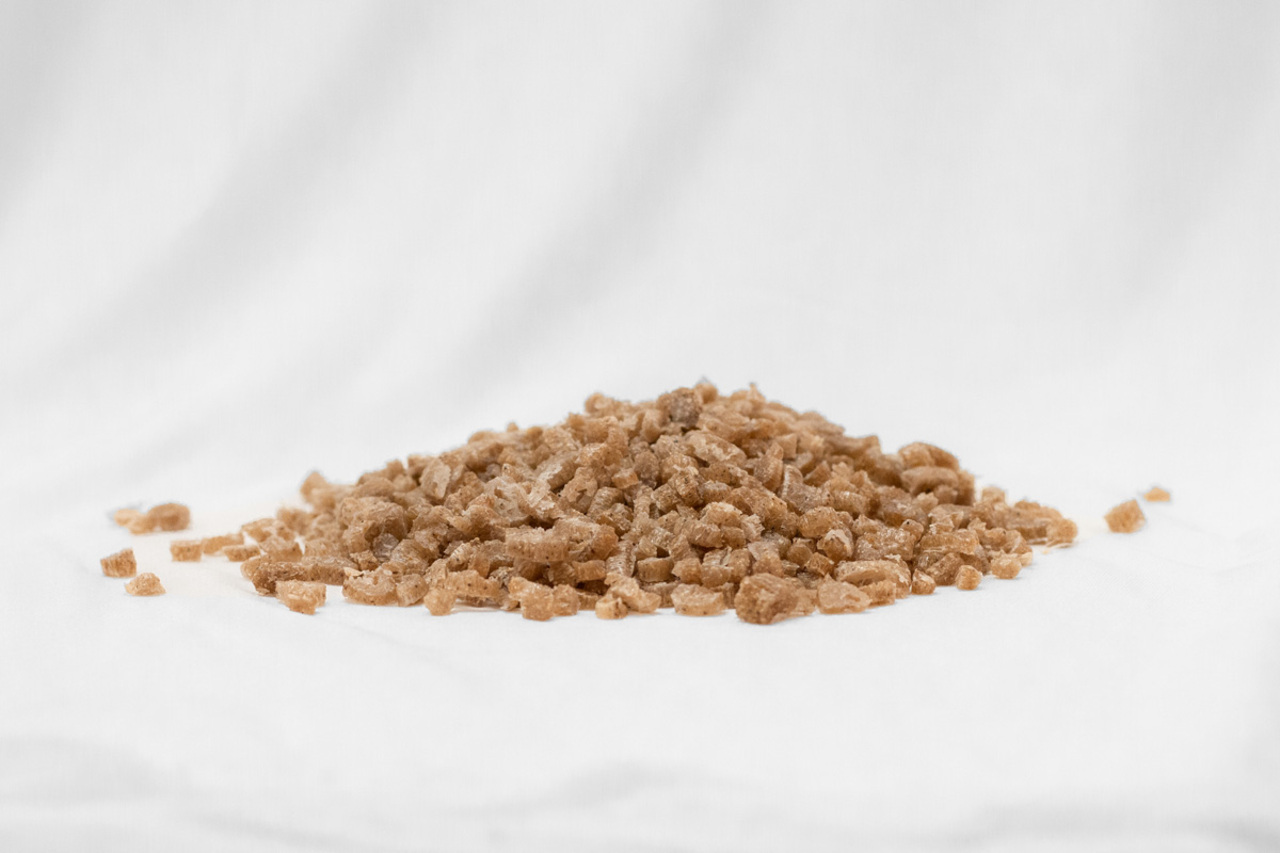Top 5 Common Biodegradable Plastic Resin Explained

In this article, we will delve into the world of biodegradable plastic resin and explore the top 5 types that are widely used today. We will discuss their properties, applications, and environmental benefits, providing you with valuable insights to make informed choices. Additionally, we will shed light on their potential impact on waste reduction and the overall sustainability of different industries.
Whether you are an eco-conscious consumer seeking greener alternatives or a business looking to incorporate sustainable materials into your operations, understanding the top 5 common biodegradable plastic resins will be instrumental in making environmentally responsible decisions.
What is Biodegradable Plastic Resin
Biodegradable plastic resin refers to a type of plastic material that has the ability to break down and decompose naturally through biological processes over time.
These resins are typically derived from renewable sources such as plant-based materials (e.g., corn, sugarcane, or vegetable oils) or synthesized through microbial fermentation processes. They are designed to undergo degradation through the actions of microorganisms like bacteria, fungi, or enzymes, which break down the polymer chains into simpler components.
The decomposition process of biodegradable plastic resin is influenced by factors such as temperature, moisture, oxygen availability, and the presence of specific microorganisms. In suitable conditions, the material can undergo biodegradation, ultimately converting into harmless substances such as water, carbon dioxide, and biomass.
It's important to note that not all plastics labeled as "biodegradable" are the same. Different types of biodegradable plastic resins have varying rates and methods of degradation, and their environmental impact depends on factors such as disposal methods and the specific ecosystem they end up in.
>>>Learn more: Unveiling the Potential of Biodegradable Plastic Granules in Circular Economy
5 Types of Biodegradable Plastic Resin
Polylactic Acid (PLA)
This kind of Biodegradable Plastic Resin is derived from renewable resources such as cornmeal, tapioca, potato chips, starch or sugarcane. By the year 2010, PLA had emerged as the second most consumed bioplastic globally in terms of volume.
One of the main advantages of PLA is its relatively low melting point, which allows it to be easily processed and molded into a variety of shapes. Besides, it provides good transparency, allows product visibility. Due to this, this material is commonly used in packaging materials, such as food containers, cups, trays, and bottles.. PLA is commonly used in packaging materials, such as food containers, cups, trays, and bottles.
Although PLA is biodegradable, it requires specific conditions for effective decomposition.
Polyhydroxyalkanoates (PHA)
Polyhydroxyalkanoates (PHA) represent a family of biodegradable polymers that are synthesized by microorganisms through the fermentation of renewable feedstocks. This group of biopolymers offers excellent biodegradability properties, making them environmentally friendly alternatives to conventional plastics.
The applications of PHA span across various industries. In the packaging sector, PHA is used to produce films, coatings, and containers that provide protection for a wide range of products. PHA packaging materials offer comparable functionality and performance to traditional plastics, while being biodegradable and compostable.
Polybutylene Succinate (PBS)
Polybutylene succinate (PBS) is a thermoplastic polymer resin of the polyester family. PBS is a biodegradable aliphatic polyester with properties that are comparable to polypropylene.
Disposable products, including cutlery, plates, and cups, also benefit from PBS's biodegradability. These single-use items made from PBS offer convenience and functionality while being environmentally responsible. PBS-based disposable products can be safely composted, reducing the accumulation of non-biodegradable waste in landfills.
Thermoplastic Starch-Based Plastics (TPS)
Thermoplastic Starch-Based Plastics (TPS) are a type of biodegradable plastic made from starch, which is derived from renewable sources such as corn, wheat, or potatoes. TPS is formed by blending starch with other polymers, plasticizers, and additives to enhance its processability and mechanical properties.
TPS exhibits thermoplastic behavior, meaning it can be melted and reprocessed multiple times without significant degradation of its properties. This property enables TPS to be molded into different shapes using conventional plastic processing techniques such as extrusion, injection molding, and blow molding.
Polycaprolactone (PCL)
Polycaprolactone (PCL) is a biodegradable and biocompatible thermoplastic polyester. It is derived from the cyclic ester monomer known as caprolactone. PCL possesses a unique combination of properties that make it suitable for a wide range of applications.
Due to its biocompatibility and slow degradation rate, PCL finds applications in various industries. In the medical field, it is commonly used for surgical sutures, drug delivery systems, and tissue engineering scaffolds. PCL's biodegradability ensures that these medical devices can safely degrade in the body over time, reducing the need for surgical removal.
Bio-based plastics manufacturer
AirX, purchasing the purpose of providing high-quality plant-based carbon negative products, always searching and innovating the technique of bio-based products manufacturing. Our process and materials are ensured to be closely monitored, which adapt the needs of qualified finished products of our customers. Our bio-based materials offer the same functions of conventional plastics, but its environmentally friendly characteristics make them an ideal choice for partners, businesses looking for sustainable development. 
AirX has gained recognition from consumers and industry professionals for its innovative approach to creating sustainable products. The company has partnered with many global corporations such as Paula’s Choice, Roche, Porsche, and more.
Contact us
AirX is the world’s first carbon-negative bio-material made from coffee grounds manufacturer. 
We specialize in producing bio-based composites using recycled carbohydrates derived from by-products such as coffee grounds, coconut husk, husk, and bamboo. Our goal is to promote sustainability through the use of eco-friendly materials.
We are always here to help and provide the best service possible. If you have any questions or would like to receive advice and feedback directly from our sales staff, please do not hesitate to contact us. You can reach us through:
- Whatsapp: +84 969 742 950
- Email: [email protected]
We look forward to hearing from you!

